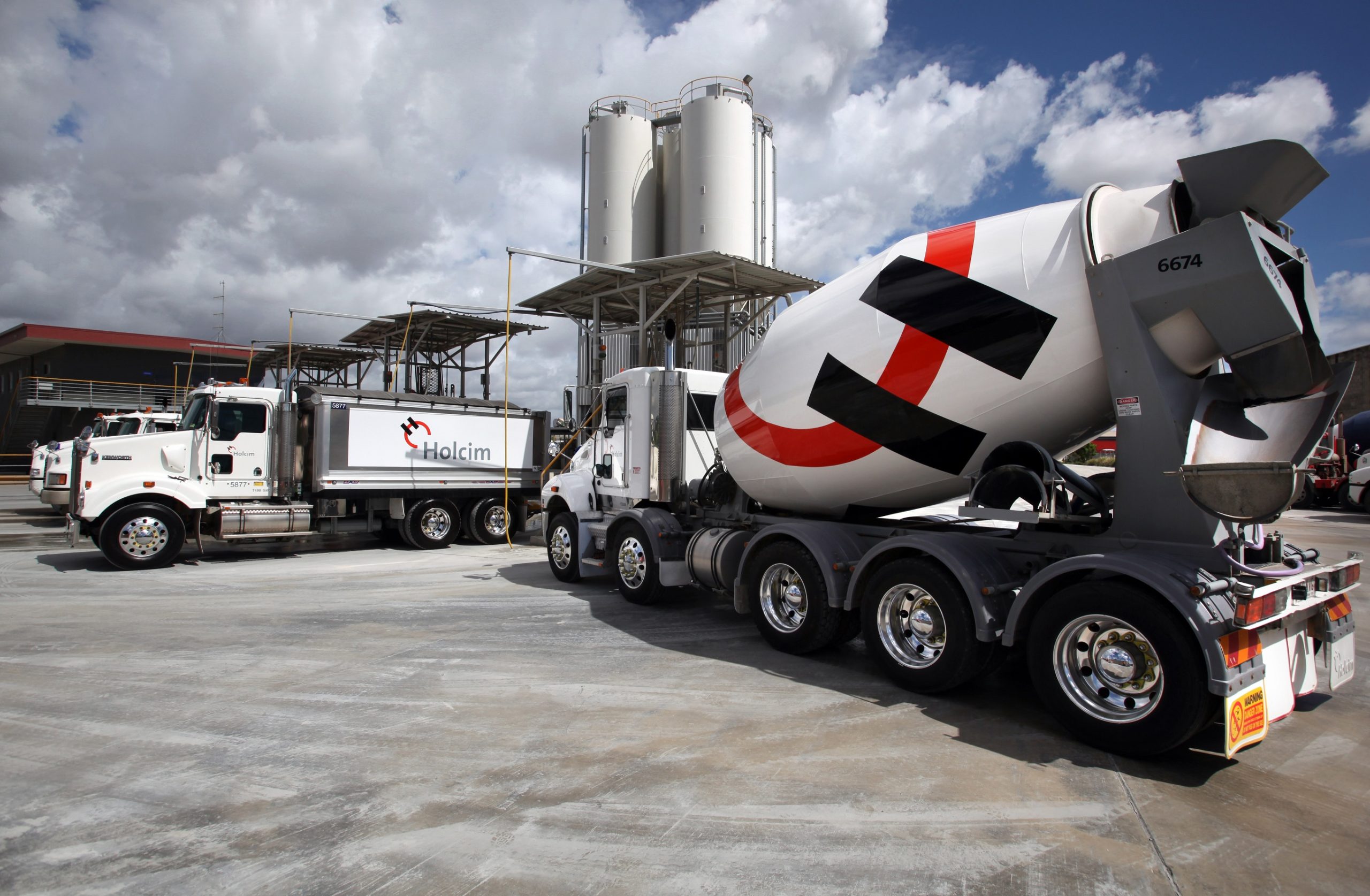In an Australian first, Holcim has published an Environmental Product Declaration (EPD) for its ready-mix concrete range known as ViroDecs™.
This groundbreaking initiative will help shape the way the construction industry analyses the environmental impacts of buildings and infrastructure.
As the first concrete manufacturer in Australia to undertake an ISO compliant study and independent verification process, Holcim can now quantify for customers the total environmental impacts of its ready-mix concrete.

The data will enable Australian developers and builders to make more environmentally sustainable construction material selections without compromising on performance.
The publication constitutes a major investment in comprehensively analysing and communicating to customers the embodied environmental impacts of Holcim’s Ready-mix concrete.
Holcim CEO George Agriogiannis says the development of a concrete EPD is a critical missing piece to having all key infrastructure and building products represented by an EPD in Australia.
“Holcim ViroDecs™ sets a clear commitment to providing accurate and transparent environmental data for our customers, and a framework for continued improvement on Holcim’s part.”
Environmental Product Declarations are a comprehensive disclosure of a product’s environmental lifecycle impacts and other relevant information in accordance with international standards^.
The document covers the first three core stages of the product lifecycle, including raw material extraction, transport of raw materials, and product manufacturing.
Holcim’s ViroDecs™ EPD meets strict international (ISO) and European (EN) standards, is independently verified, and registered by EPD Australasia and the International EPD System.
Providing an edge for industry, Holcim’s ViroDecs™ can also contribute to achieving points in
Green Star and
Infrastructure Sustainability rating schemes – an advantage to customers wanting to be leaders in the sustainable infrastructure and building industry.
“As one of the largest concrete suppliers in Australia, Holcim is taking a leading role in assisting customers to understand and minimise carbon emissions in the supply chain, and contribute to global emissions reduction targets.”
ViroDecs™ EPD is just one of a series of new sustainability measures driven by the LafargeHolcim 2030 Sustainability Strategy.
The ViroDecs EPD – At a Glance
The ViroDecs™ Environmental Product Declaration provides a rigorous, science-based and independently verified framework for calculating and transparently communicating the embodied environmental impacts of Holcim’s Ready-mix concrete range.
Advancing from generic environmental information to product, company and geographically-specific information will allow for deeper, broader and more customised analysis with greater confidence in the results.
The ViroDecs™ EPD is now available for public viewing online.
The key components of the EPD include:
ViroDecs™ – a first for ready-mix concrete in Australia: Why Holcim hopes the EPD will lead the way for other concrete providers, fostering a whole-of-life sustainability approach to the Australian construction materials industry.
Why have we developed this EPD?: Exploring the product and project lifecycles represented by the ViroDecs™ EPD.
Ready-mix concrete: Explanation of the various properties and classes available in Holcim’s Ready-mix concrete range.
Concrete and Lifecycle Assessment: An analysis of the carbon footprint of construction materials.
Sustainability at Holcim: A snapshot of the sustainability initiatives and commitments by LafargeHolcim globally.
The LafargeHolcim Foundation: An introduction to the international sustainable construction initiatives of the LafargeHolcim Foundation for Sustainable Construction.
Peak sustainability bodies: Testimonials and endorsements of the ViroDecs™ EPD from peak industry sustainability bodies.
Key Green Star and ISCA projects: Showcasing key Green Star and Infrastructure Sustainability-rated projects for which Holcim has supplied ready-mix concrete including Metro Tunnel Project in Victoria, WestConnex M4 East in Sydney, Sydney CBD and South
East Light Rail, Stage 1B Basement works at Barangaroo South, Sunshine Coast University Hospital, Logan Enhancement Project, Sydney Metro NorthWest – Tunnel, Stations and Civil Works, NorthConnex, WestConnex M5, and Sydney Metro City and Southwest – Tunnel and Station Excavation Works.
How the EPD can be used in the Infrastructure Sustainability and Green Star rating schemes: Technical information and case studies exploring the EPD’s role in construction industry sustainability rating schemes.
Holcim’s management systems: An introduction to the comprehensive and multifaceted management systems in place to improve accountability, risk management, safety, health, and environmental outcomes at Holcim.
Lifecycle Analysis information: Detailed interpretation and technical data representing the lifecycle analysis of Holcim’s Ready-mix concrete.
EPD product description: Materials and features of Holcim’s ViroDecs™ Ready-mix concrete range.
Environmental performance: Detailed index of all environmental impacts considered in the EPD, and analysis of its performance.
Interpretation: Comparison of the ViroDecs™ General, Fly Ash Blend, Blast Slag Blend and Triple Blend.
Other lifecycle stages not included in this EPD: Discussion of lifecycle stages of concrete products and projects.
CLICK HERE for more information about the Holcim ViroDecs™ EPD.


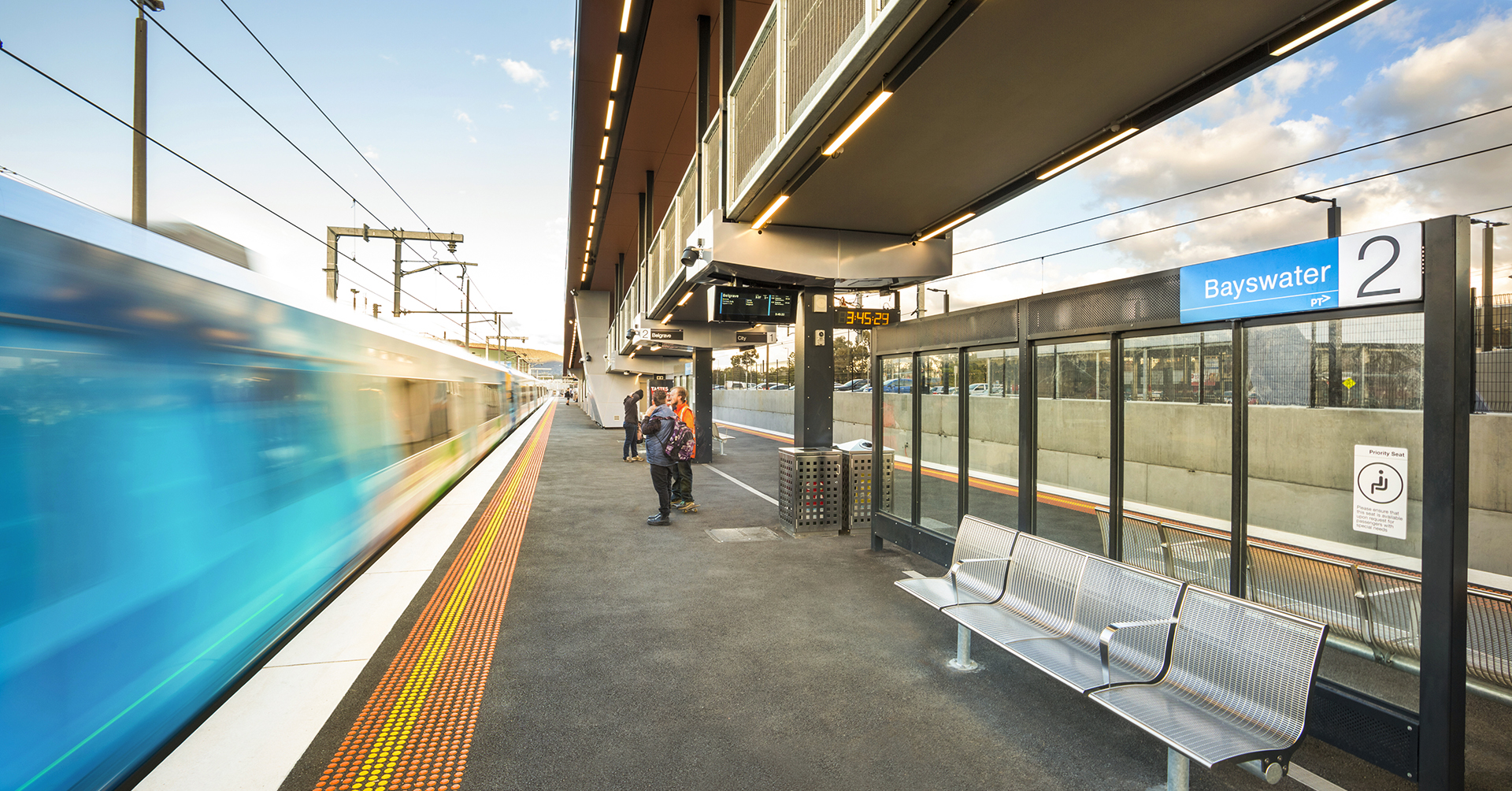

.png.aspx)
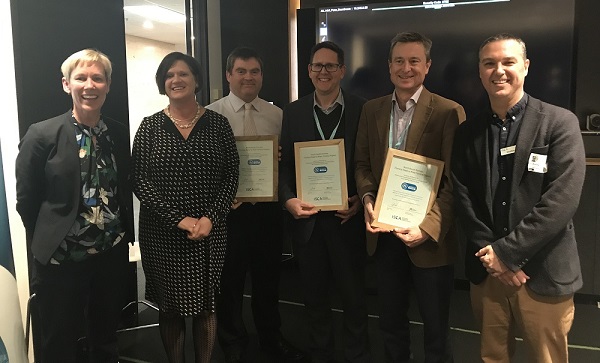
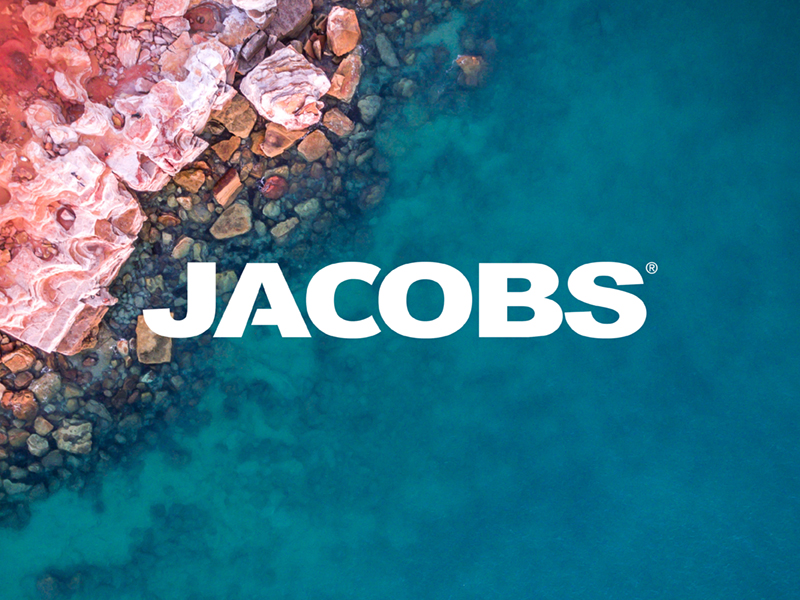

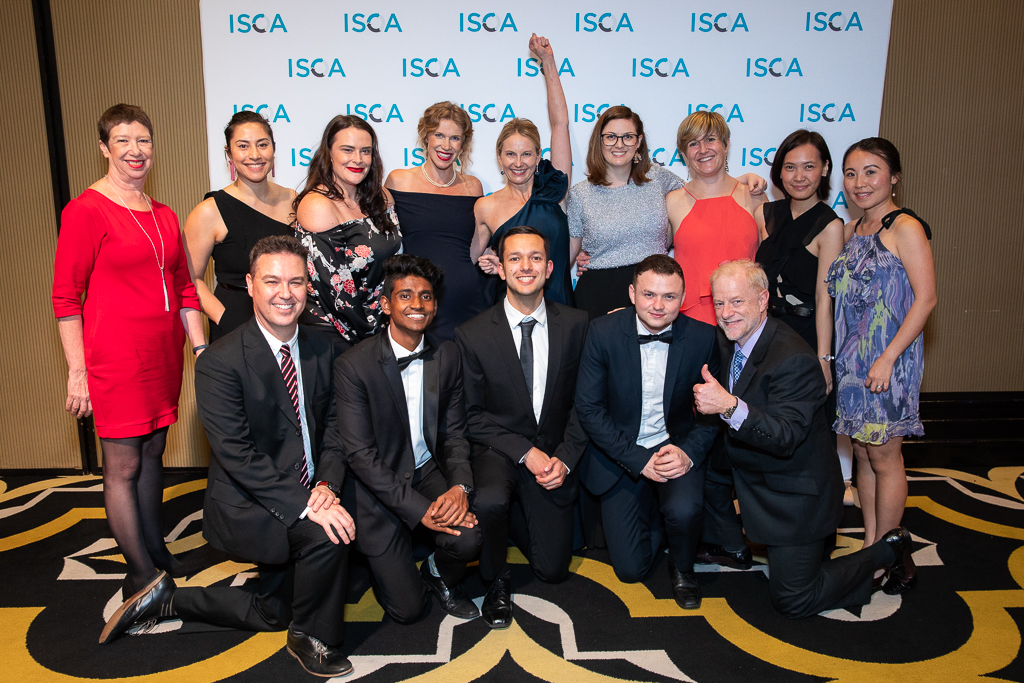
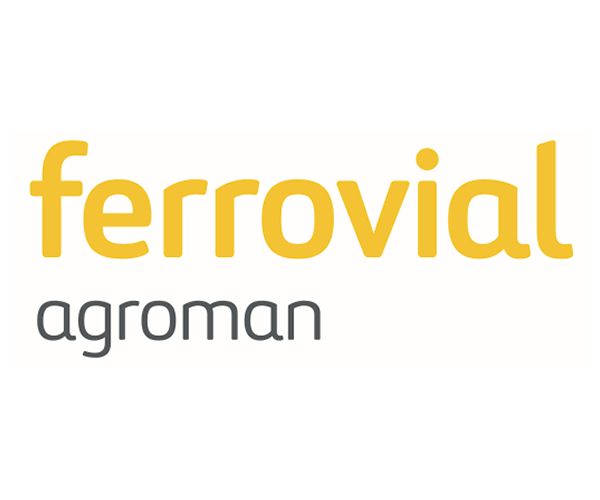
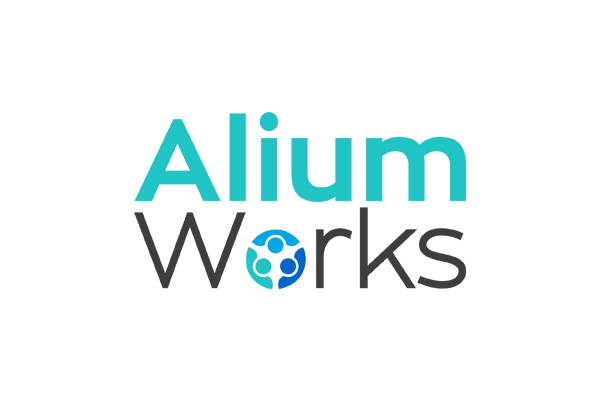
.png.aspx?width=600&height=318)
